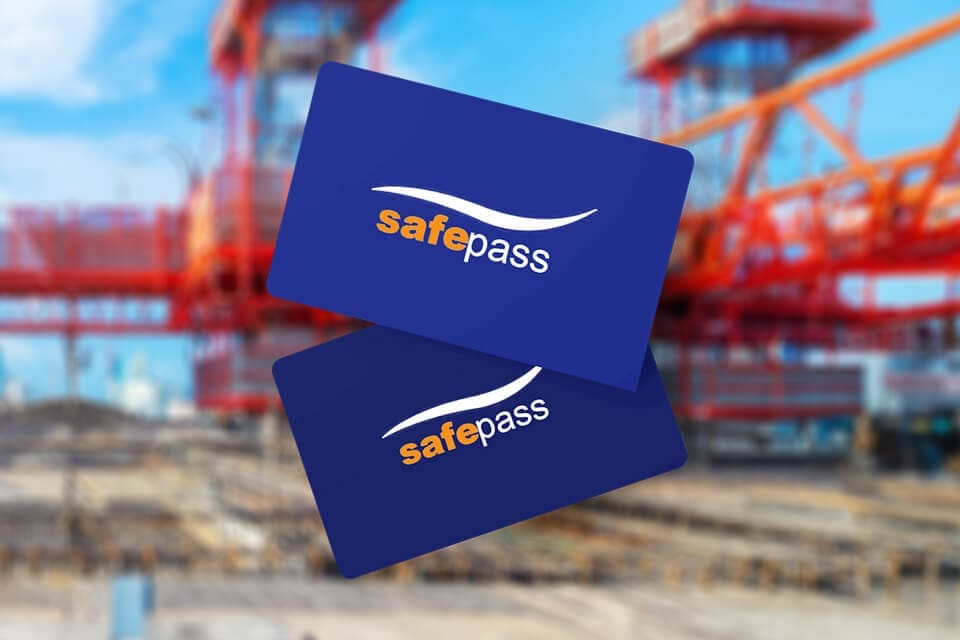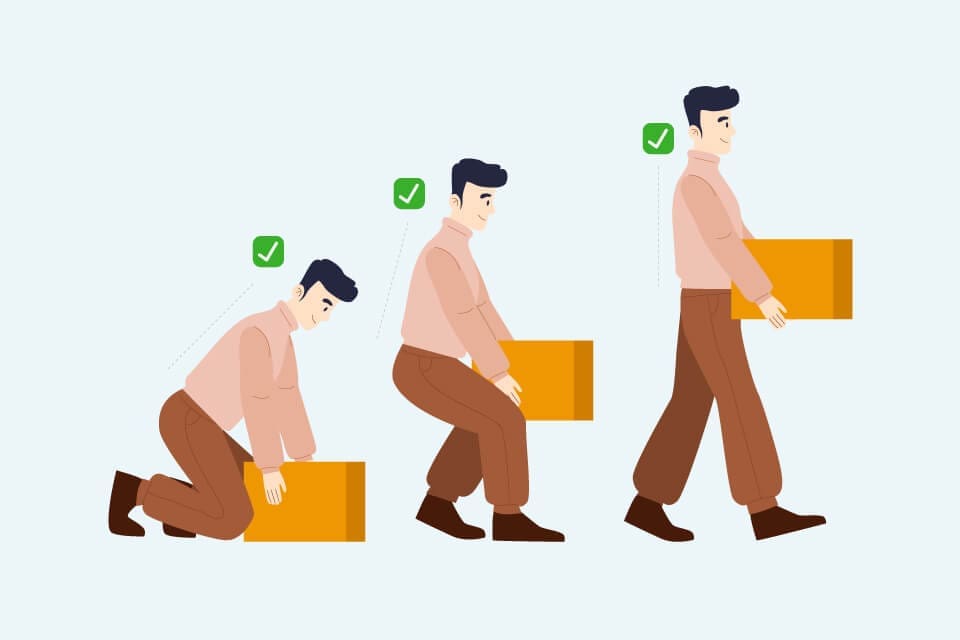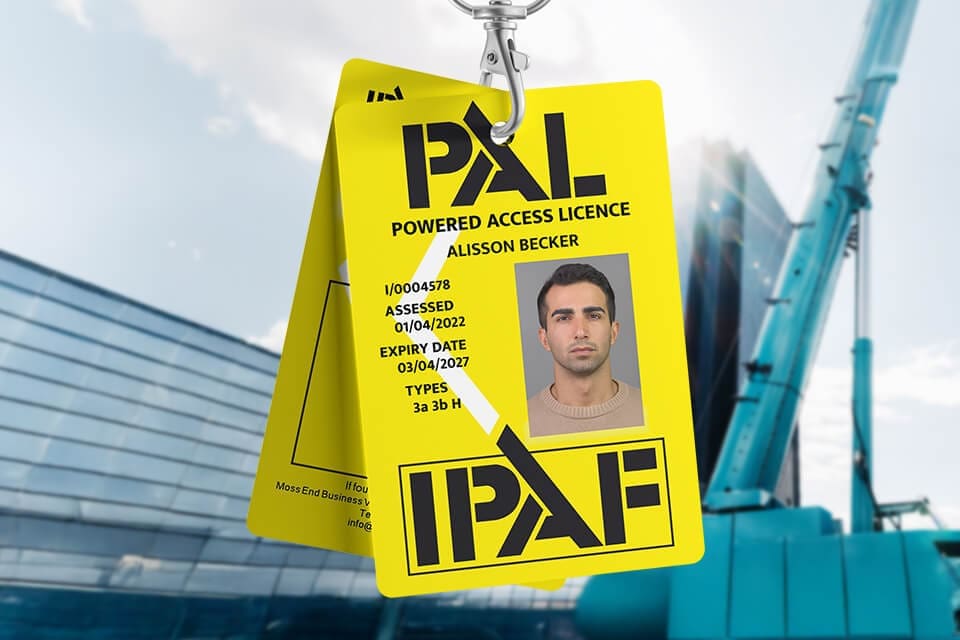Who Needs a Manual Handling Course in Ireland?
(And How Often?)
If your job involves lifting, moving, carrying, pushing, or pulling, there’s a good chance you’re legally required to complete a Manual Handling course.
But who exactly needs to take this course in Ireland, and how often does it need to be renewed?
In this guide, we break down:
- Who the course applies to
- Legal requirements for Irish employers and employees
- How often should the certification be refreshed
- And what happens if you don’t complete it
What Is a Manual Handling Course?
A Manual Handling course teaches you how to lift, carry, and move loads safely — helping to prevent injuries like back strain and long-term musculoskeletal disorders.
This course is required by law for any worker who may be exposed to manual handling risks.
During the course, you’ll learn:
- Safe lifting techniques and proper posture
- How to assess loads and avoid common hazards
- The basics of ergonomics and injury prevention
- Practical steps for safe workplace movement
At GTSS, our Manual Handling courses are fully certified and delivered by qualified instructors, ensuring you meet Health and Safety Authority (HSA) standards.
Who Needs a Manual Handling Course in Ireland?
Under the Safety, Health and Welfare at Work Act 2005, any employee who may be exposed to manual handling risks must complete appropriate training.
This applies to:
- Full-time and part-time employees
- Temporary and seasonal staff
- New hires and long-term team members
Common industries where a Manual Handling course is required:
- Warehousing and logistics
- Construction and trades
- Hospitality and kitchen staff
- Retail and supermarkets
- Healthcare and care facilities
- Cleaning services
- Office workers handling boxes, files or equipment
Even if manual handling tasks only occur occasionally, employees still need to be trained if there’s any risk involved.
It is the employer’s legal obligation to:
- Assess manual handling risks in the workplace
- Provide certified training to employees who need it
- Ensure training is refreshed when required
Failure to do so can lead to fines, enforcement notices, or claims.
How Often Should a Manual Handling Certification Be Renewed?
While there’s no exact renewal timeframe written into Irish law, HSA guidelines and industry best practices recommend refreshing your Manual Handling course every 3 years.
You may need to renew sooner if:
- The tasks or equipment in your job change
- An accident or near-miss occurs
- The original training is no longer relevant to your role
Regular refresher training reinforces safe practices and helps meet evolving compliance standards.
What Happens If You Don’t Have Training?
Without up-to-date training:
- Workers are at higher risk of injury (especially back strains and musculoskeletal disorders).
- Employers face legal liability and potential HSA enforcement.
- Insurance claims may be affected in the event of an accident.
- You could be denied access to sites or lose a contract.
Book a Certified Manual Handling Course in Ireland
At GTSS, we deliver fully certified Manual Handling courses across Ireland.
We offer:
- Public courses in Dublin and surrounding counties
- On-site training for businesses nationwide
- Group and individual bookings
- Customised sessions tailored to your specific workplace or industry
Whether you’re a worker looking to stay compliant or an employer ensuring your team is covered, we make the process easy and professional.
Ready to get certified? Book your course here:
FAQs
Is Manual Handling training mandatory?
Yes — if your role involves any risk from lifting, pushing, pulling, or carrying, it is required.
Can I complete the course online?
Only if it’s delivered by a qualified instructor and includes practical assessment. GTSS provides blended or fully in-person options that are 100% compliant.
Do temporary or part-time staff need it?
Yes. All staff who perform manual handling tasks must be trained.









